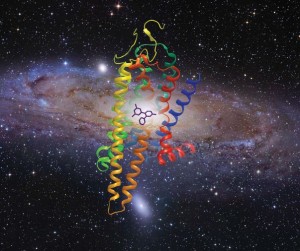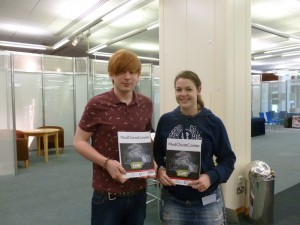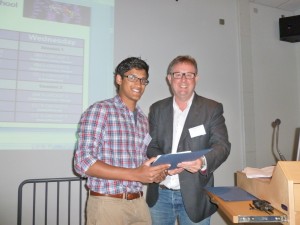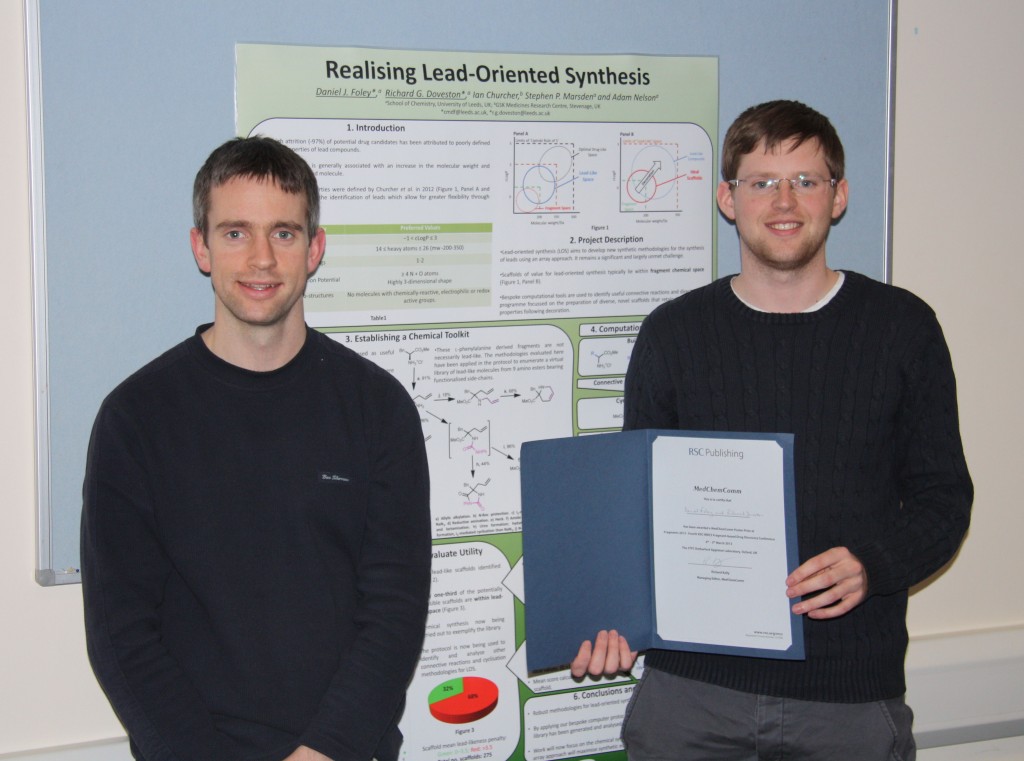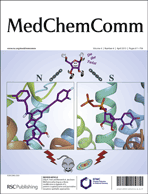You are invited to attend a joint Biochemical Society/Royal Society of Chemistry Workshop entitled Tools and Strategies to Find Chemical Probes for Your Protein – The Role of Computer-Aided Drug Discovery.
15 November 2013
Charles Darwin House, London, WC1N 2JU, UK
Application and Abstract deadline: 16 September 2013
This workshop aims to bring together biological scientists and computational chemists to discuss research challenges and facilitate collaborations. The workshop will be of particular interest to biological scientists who require new chemical reagents to help them to better understand biological mechanisms and to computational chemists who wish to apply computational ligand discovery methods to a biological problem. Please feel free to pass this message onto colleagues at your institution who may have interest in attending the workshop. The programme will feature oral presentations, flash poster presentations and discussion sessions. There will also be plenty of networking opportunities dispersed throughout the day.
Speakers and Facilitators:
- Pedro Ballister, European Bioinformatics Institute, Cambridge, UK
- Chas Bountra, University of Oxford, UK
- Ruth Brenk, Johannes Gutenberg University Mainz, Germany
- David Brown, University of Kent, UK
- Grant Churchill, University of Oxford, UK
- John Irwin, University of California, USA
- Paul Hawkins OpenEye Scientific Software, UK
- Taufiq Rahman, University of Cambridge, UK
- Dahlia Weiss, Heptares Therapeutics UK
Organising Committee
- Grant Churchill, University of Oxford, UK
- Taufiq Rahman, University of Cambridge, UK
- John Irwin, University of California, USA
- David Brown, University of Kent, UK
Attendance is by application only and will be FREE of charge for Biochemical Society and Royal Society of Chemistry members. Delegates are encouraged to submit poster abstracts for flash and poster presentation. This workshop is the fourth of a series entitled “Analytical Tools for the Life Sciences”, a collaborative project between the Biochemical Society and Royal Society of Chemistry.
For more information please visit the event webpage.
Don’t miss out! Application and Abstract deadline is the 16 September 2013.


